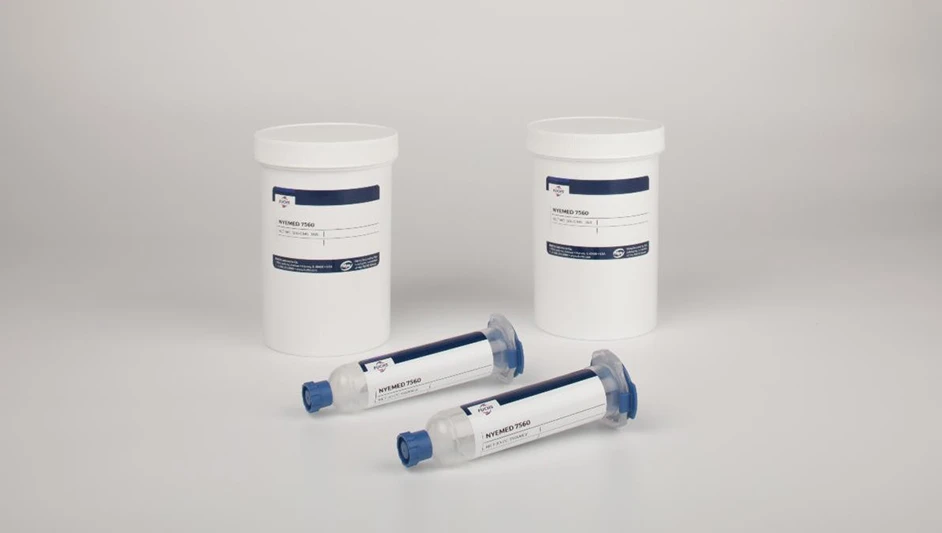
Cleveland, Ohio – September 2018 U.S. cutting tool consumption totaled $210.58 million according to the U.S. Cutting Tool Institute (USCTI) and AMT – The Association For Manufacturing Technology. This total, as reported by companies participating in the Cutting Tool Market Report collaboration, was down 5.5% from August’s $222.82 million and up 20.4% when compared with the $174.92 million reported for September 2017. With a year-to-date total of $1.846 billion, 2018 is up 12.8% when compared with 2017.
These numbers and all data in this report are based on the totals reported by the companies participating in the CTMR program. The totals here represent the majority of the U.S. market for cutting tools.
“The September 2018 cutting tool industry data is still supporting strong sales. As the industry is enjoying this increased business volume, the majority of cutting tool manufacturers are coping with the challenges of limited manufacturing capacity, increasing material prices, shortages of available labor and global trade unrest because of imposed tariffs. In summary, it’s another sunny day in paradise,” says Brad Lawton, chairman of AMT’s Cutting Tool Product Group.
According to Johan Israelsson, senior vice president & head of global sales for Sandvik Applied Manufacturing Technologies, “2018 has been a very strong year for the cutting tools industry in most market segments. In some areas demand has been extremely strong such as in aerospace, defense, energy, and general engineering. At recent industry events, such as IMTS, the mood has been very positive as well. However, September does seem to show some deceleration, which we are also seeing in some of the European markets. With this, and although year-over-year numbers are still strong, we may see a slowing growth over the coming periods.”
The Cutting Tool Market Report is jointly compiled by AMT and USCTI, two trade associations representing the development, production and distribution of cutting tool technology and products. It provides a monthly statement on U.S. manufacturers’ consumption of the primary consumable in the manufacturing process – the cutting tool. Analysis of cutting tool consumption is a leading indicator of both upturns and downturns in U.S. manufacturing activity, as it is a true measure of actual production levels.
Historical data for the Cutting Tool Market Report is available dating back to January 2012. This collaboration of AMT and USCTI is the first step in the two associations working together to promote and support U.S.-based manufacturers of cutting tool technology.
Latest from Today's Medical Developments
- Forkardt Hardinge strengthens market position with ATS Systems acquisition
- July is for learning – so drop in for this month’s second Manufacturing Lunch + Learn
- MMT expands capabilities with acquisition of Comco
- Essential strategies to protect your data
- TT Electronics achieves ISO 13485 medical certification at Mexicali EMS facility
- Boost productivity with Nidec's innovative MGC300
- Meet AEON: the future of humanoid robotics
- Okuma: Extraordinary Starts Where Limits End





